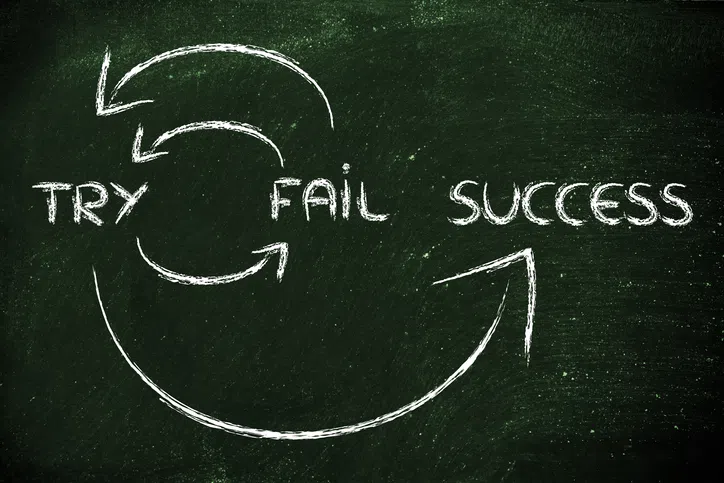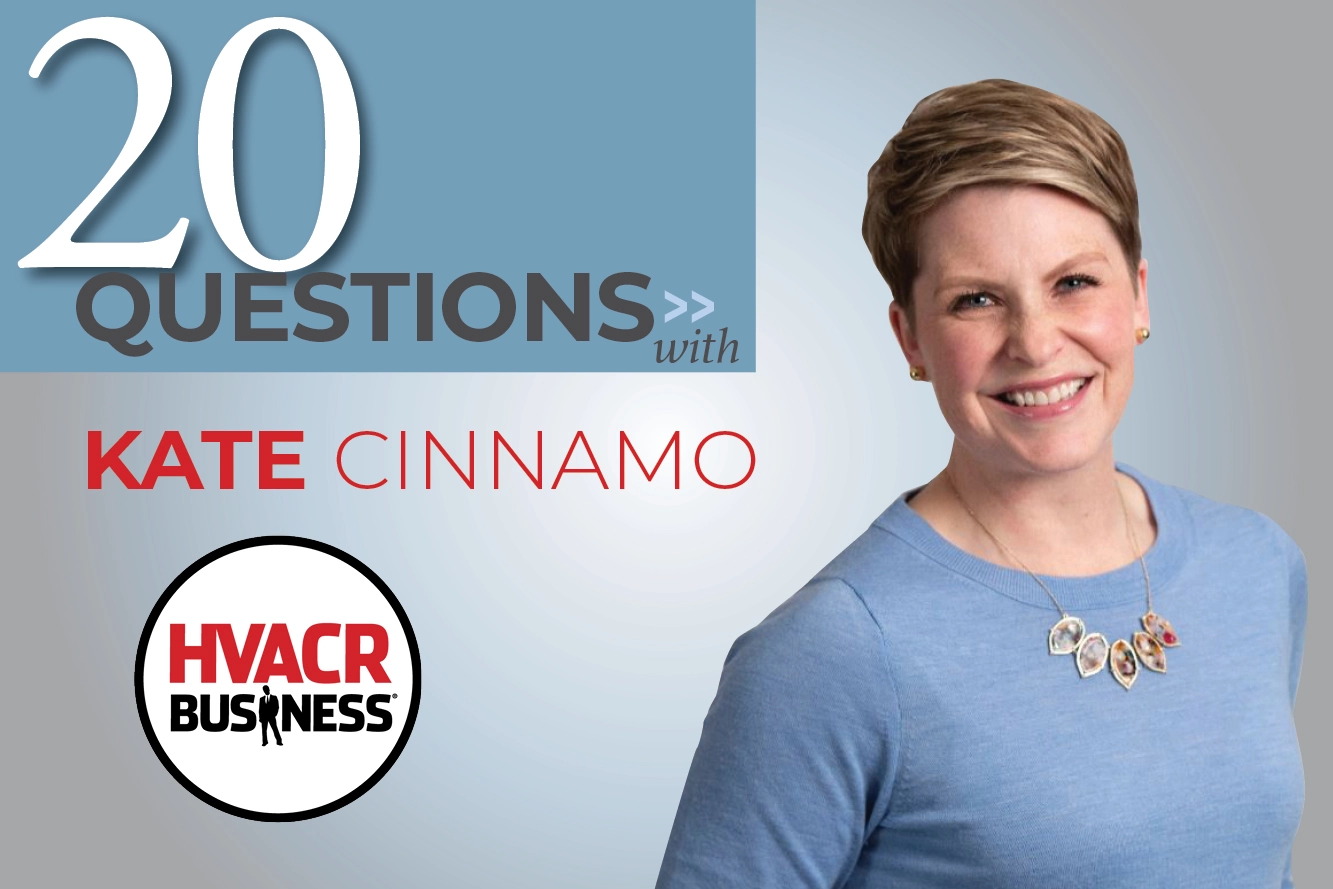The difference between winners and losers is how they handle losing. Let’s face it: you’re not going to win every time. An effective leader must be resilient because no one can win all the time. The pitfalls and troubles that come with owning and operating a business are immense. As the old saying goes, “if it were easy anyone could do it.” The fact of the matter is that it is not easy. It’s far from it.
Resilience
Entrepreneurs must be willing to fail and try again — to learn how to come back after setbacks and, most importantly, to avoid making those same mistakes time after time. The last several years have tested our management skills, as disruptions and setbacks seem almost common — even among the most successful companies. Resilience, according to Webster’s Dictionary, is defined as “the ability to recover from change or misfortune and become successful again.” The ability to adapt builds confidence in those leaders who are willing to get back up and try again after a defeat. Successful people will tell you they’ve learned more from their failures than their successes. To quote Dale Carnegie, “The successful man will profit from his mistakes and try again in a different way.”
For those of us who watched the college football season and subsequent playoffs, there were dozens of inspirational examples and stories of athletes whose resilience and ability to overcome adversity, ultimately made them winners. Business owners rarely receive publicity or acknowledgment for the obstacles they have overcome. However, the most important people in your life (i.e., your family, friends, and co-workers) are always watching. Ultimately, this continuous willingness to get back up and learn from mistakes, builds a stronger network and team moving forward.
Adversity
The adversity we deal with generally falls into two categories: circumstances outside our control; and self-created roadblocks we put in our path. Covid presented significant opportunities for HVACR contractors, as is well documented. Our industry prospered after millions were forced to work from home, and wanted increased comfort. To be sure there have been challenges. I’ve spoken with dozens of you who have had supply chain issues, more work than your teams can handle, and dealing with the subsequent employee burnout. Especially the service techs on the front line who were working more to manage the sudden influx of home service requests.
Many of you have been down this path before, the question is: What do you do now? What did you learn in previous years when we faced what seemed like a never-ending winter? Did you turn down work? Were you honest with customers about long lead times? Did you hire additional staff? Assuming of course you could find qualified personnel. How did these decisions play out for you in the past?
As business owners, it can be disappointing to turn down profitable jobs, especially for after-hours emergency repairs or high-profit installs. Sometimes new hires can help lighten the load; but be careful, don’t rush through your hiring process, making hasty decisions on the wrong employees can end up tarnishing our brands. It helps to take a step back — if only for a moment — to consider past decisions so we don’t repeat past mistakes.
Of course, Covid, supply chain issues, and weather are just a few unpredictable circumstances that have impacted our businesses. What aspects of those outside circumstances were in your control? What were the self-inflicted wounds?
Invest in Success
One common regret I’ve seen over the years is owners failing to view a specific line item as an investment rather than an expense. Investments involve a temporary outlay of cash or time. Good investments generate returns over and above the initial cost.
Training. For example, training and education for all team members is a good investment. Reasons often cited for not committing to this, are cost, or concerns that once properly trained, the employee may leave for a different, higher-paying job. The irony here is that if you don’t invest in your employee’s training, they are likely to pursue opportunities in companies that do offer educational programs.
Marketing. Marketing is another line item that is an investment, not an expense. Marketing and advertising generate sales and sales leads, and you would have significantly less business without them. Sometimes, trends like social media stop us in our tracks. You might wonder if it’s just a fad or a lasting change worth the investment of time and money. Let your past experiences guide your decisions. They will help you make better choices.
Entrepreneurs take calculated risks. Where there are risks, there will be some losses and some wins. After a fall, it’s normal to feel down. The key is to get back up and begin again with a new perspective. This is the subtle difference of what separates winners from losers.
Winners are not only defined by success but more often by the way they handled failure.
Terry Tanker is the owner of JFT Properties LLC and publisher of HVACR Business magazine. He has more than 25 years of experience in the advertising and publishing industries. He began his career with a business-to-business advertising agency. Prior to forming JFT Properties LLC in January 2006 he spent 20 years with a large national publishing and media firm where he was the publisher of several titles in the mechanical systems marketplace. In addition to his experience in advertising and publishing Terry has worked closely with numerous industry-related associations over the years including AHRI NATE and ABMA.






